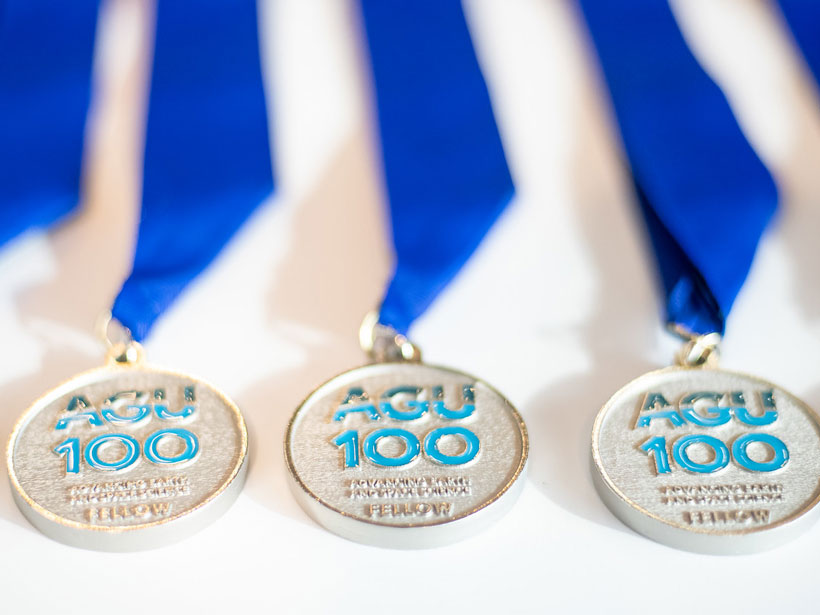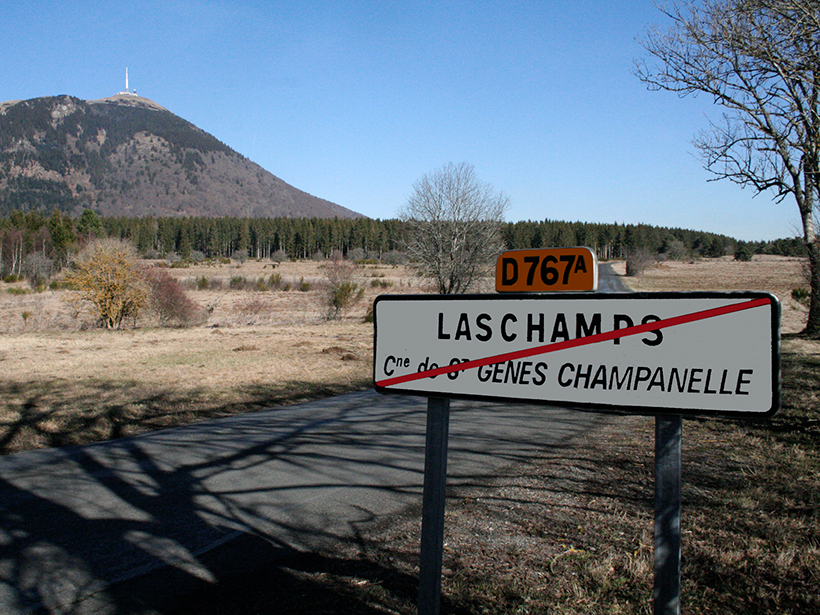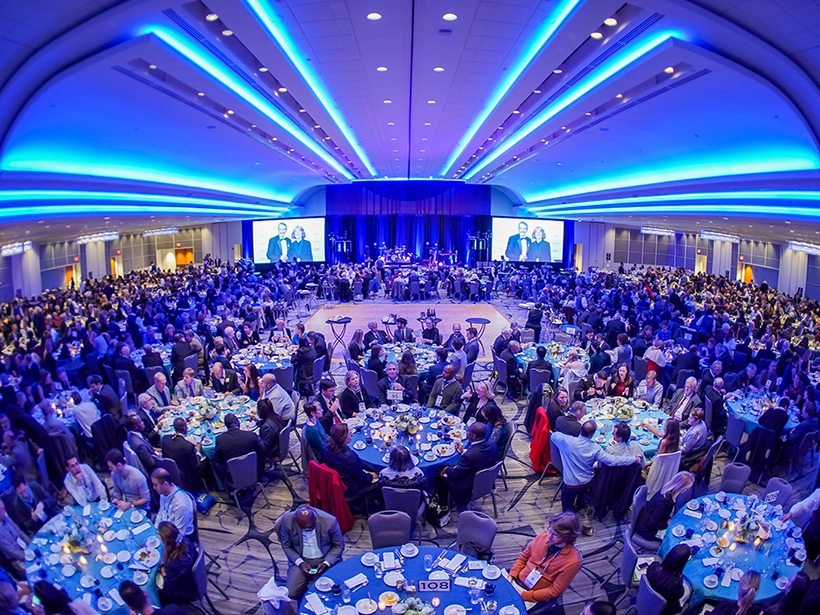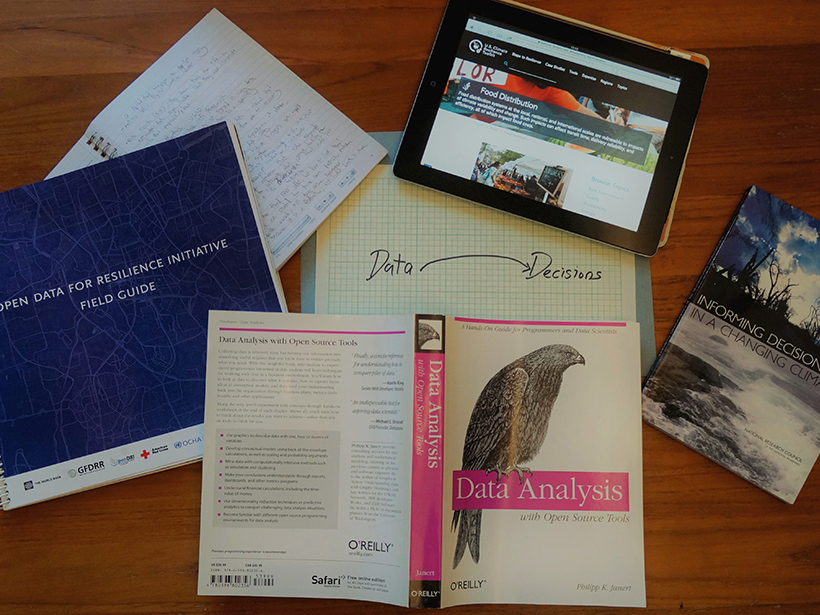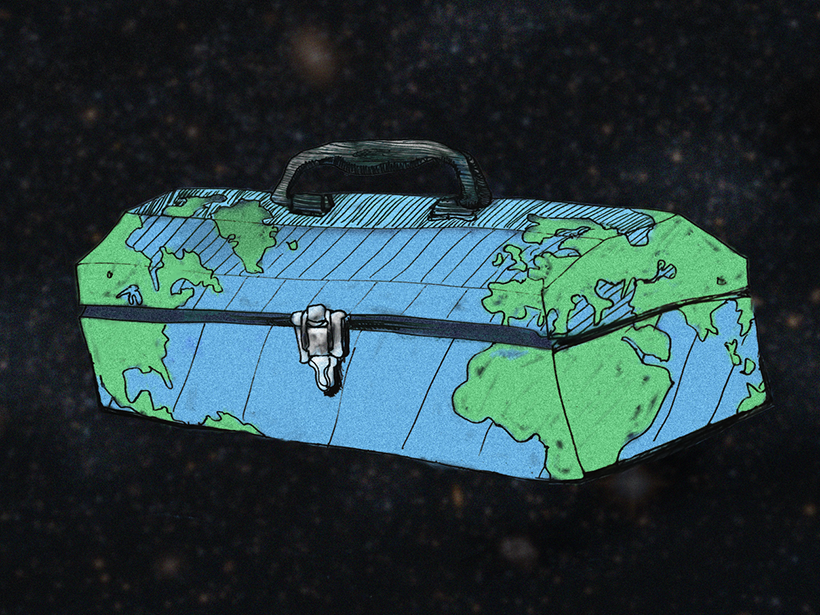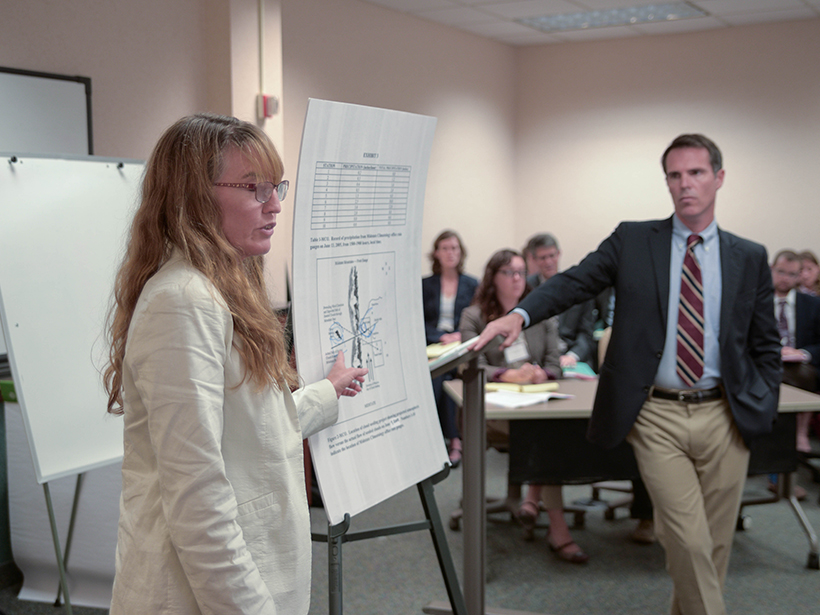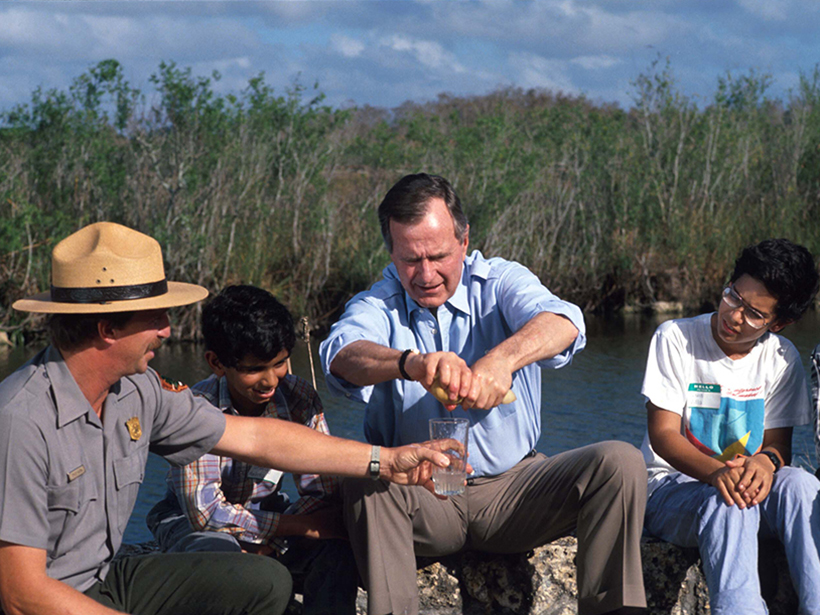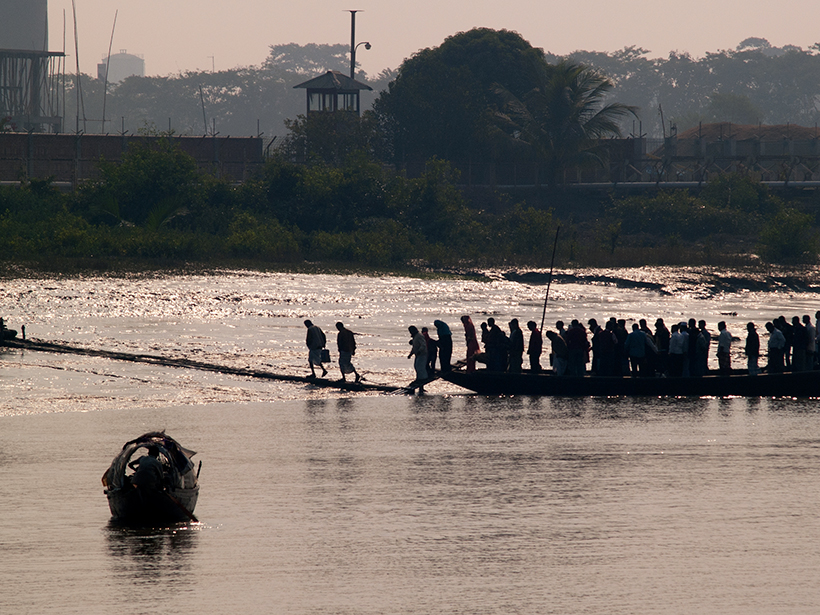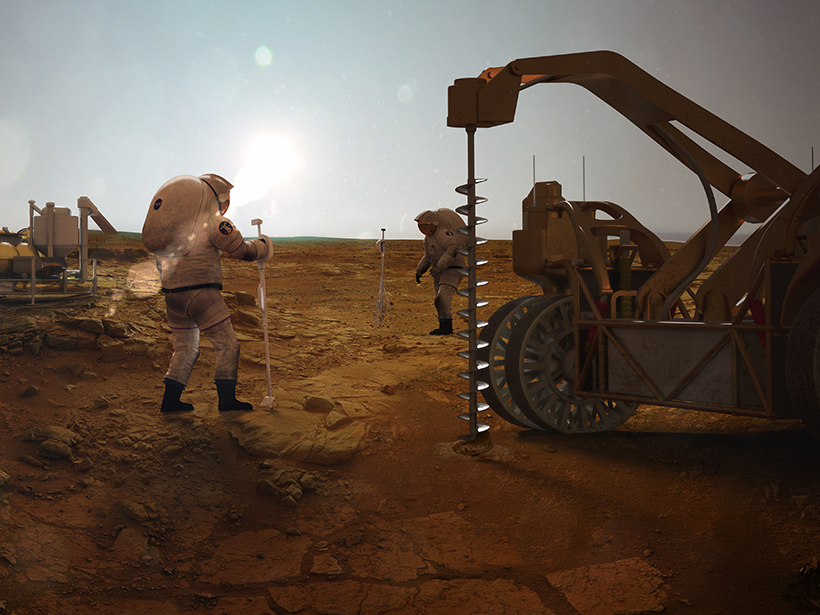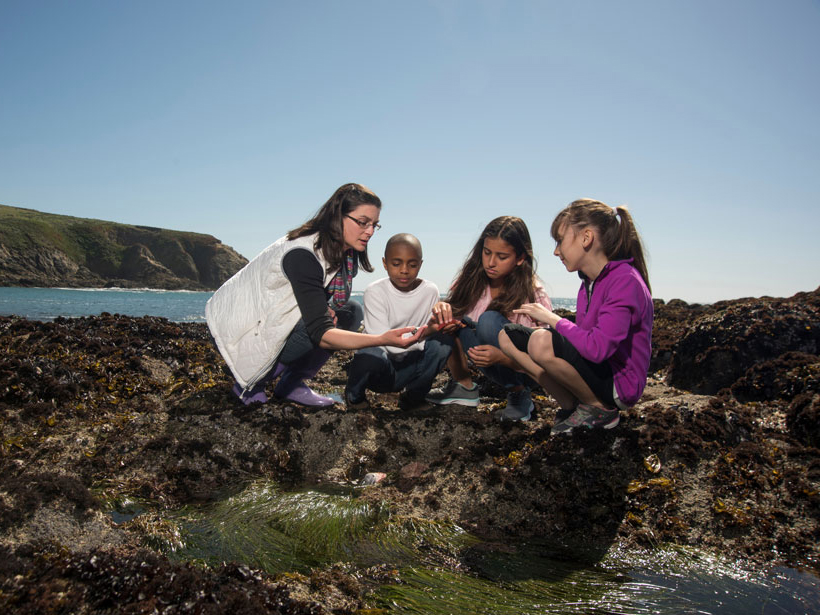These five common myths persist about nominating your colleagues. AGU can pursue several methods of ushering in change more quickly.
Opinions
Changing Name for Earth’s Changing Poles
The name of one geomagnetic pole reversal, the Laschamps excursion, somehow lost its s as it wandered through the scientific literature. It’s time to set the record straight.
Equal Representation in Scientific Honors Starts with Nominations
This AGU section formed a task force to make visible underrepresented scientists deserving of recognition for their work.
A Vision for Adapting at the Pace of Socioenvironmental Change
The Resilience Genome Initiative will empower a cadre of transdisciplinary resilience engineers to adopt and continuously develop climate adaptation solutions.
It’s Time to Shift Emphasis Away from Code Sharing
Building well-documented, citable frameworks for Earth data analysis will encourage scientific replicability by addressing the underlying issues that inhibit code sharing.
Being Persuasive: Lessons from Lawyers That All Scientists Need
Supplying information is not enough. Here are four courtroom techniques to help scientists make an impact.
Lessons from President George H. W. Bush for the Present Political Environment
The “White House effect” can compel support for science and protect the environment—or damage both.
Stress Testing for Climate Impacts with “Synthetic Storms”
How well would your city weather a hurricane? Digitally “moving” past storms to new locations simulates the effects of extreme weather events on local infrastructure.
The Mars Anthropocene
The idea of sending people to Mars has captured the public imagination, but have we fully considered how our presence will alter the planet?
Universities Can Lead the Way Supporting Engaged Geoscientists
Geoscientists want to engage communities and policy makers. Colleges and universities can help by embracing five core capacities.

